August 10 – Bloomberg (Lionel Laurent): “Turkish President Recep Tayyip Erdogan has been standing firm as investors dump his country’s assets at an alarming pace, saying: ‘They have got dollars, we have got our people, our right, our Allah.’ European banks with substantial investments in Turkey will hope some of that divine providence rubs off on them, too, after sticking with a bet that has gotten more perilous over time.”
Fears of contagion this week were not limited to the emerging markets. With significant exposure to Turkey, European bank stocks were slammed in Friday trading. Unicredit sank 4.7% and ING Groep fell 4.3%. The big German banks, Deutsche Bank and Commerzbank, dropped 4.1% and 3.5%. European Banks (STOXX600) fell 1.9% Friday.
August 10 – Financial Times (Claire Jones, Ayla Jean Yackley and Martin Arnold): “The eurozone’s chief financial watchdog has become concerned about the exposure of some of the currency area’s biggest lenders to Turkey – chiefly BBVA, UniCredit and BNP Paribas – in light of the lira’s dramatic fall…





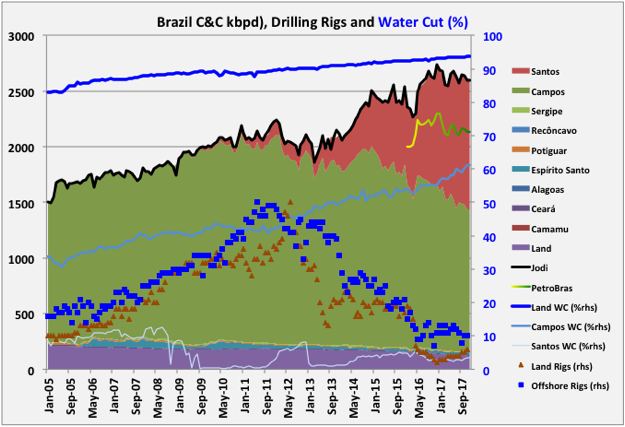
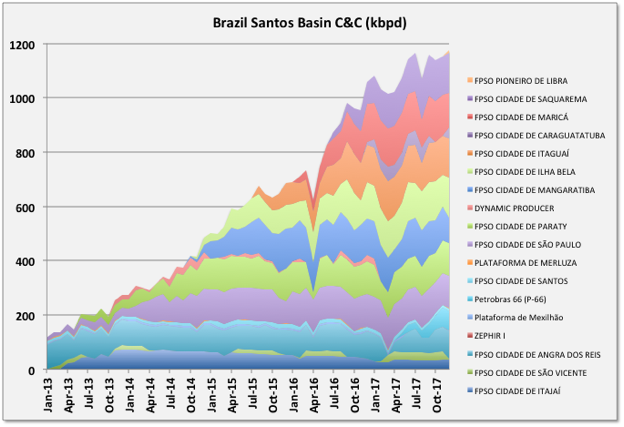
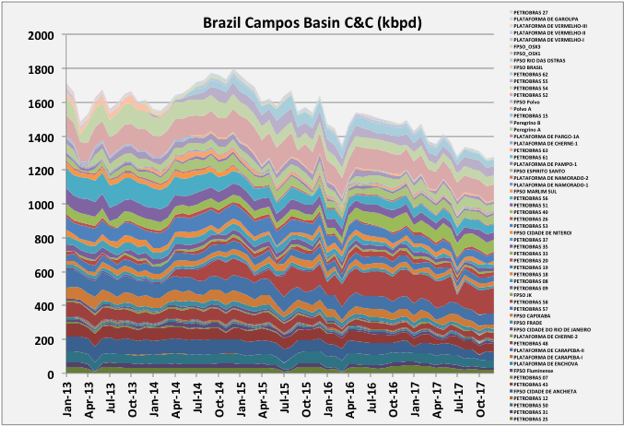




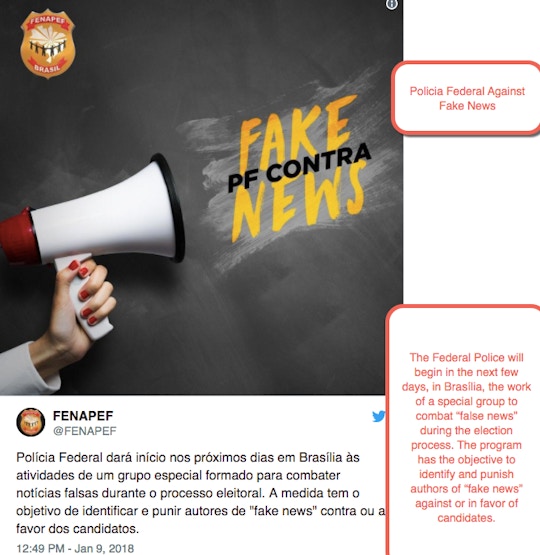

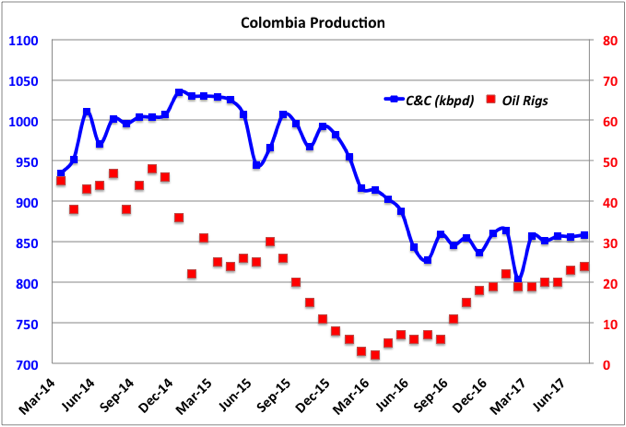
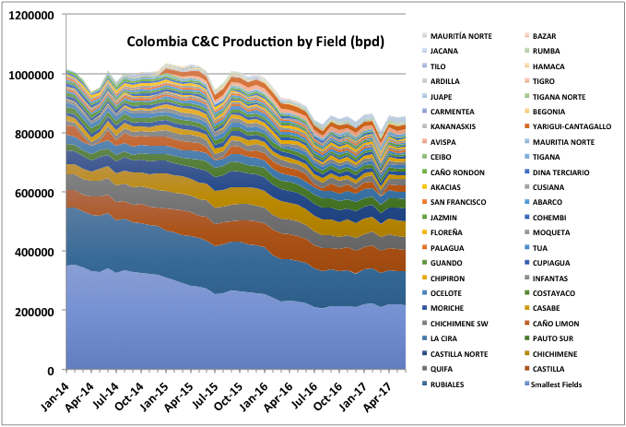
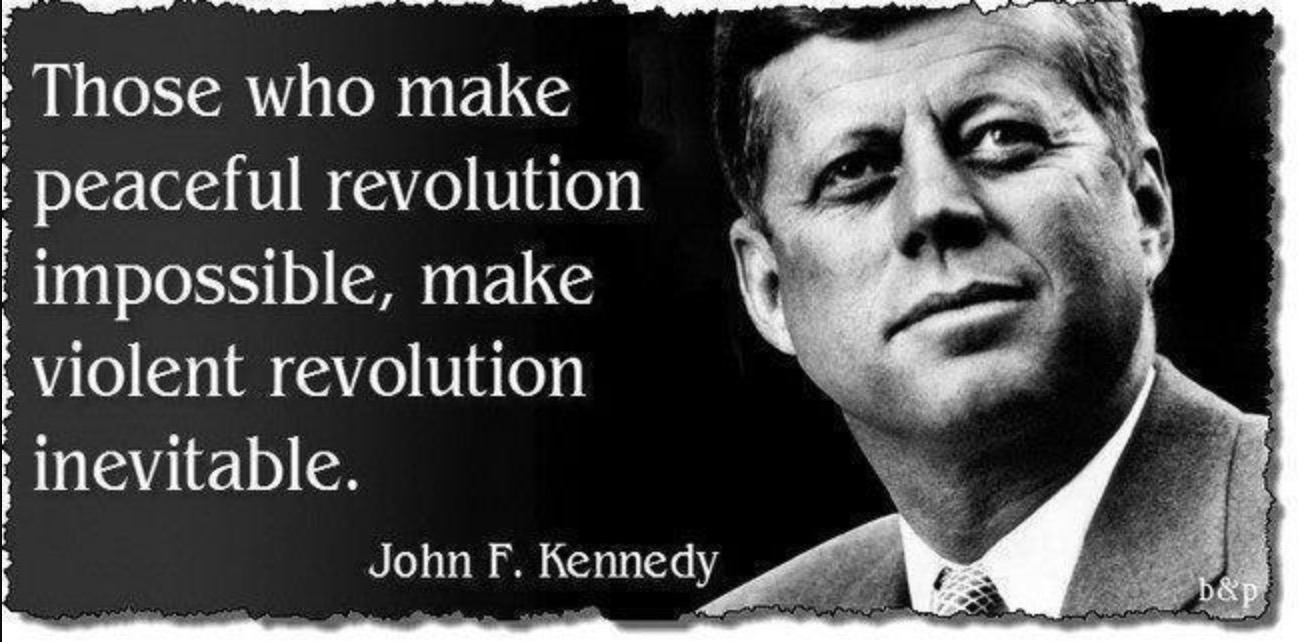
 Fig 1: Brazil’s oil production, net imports and bio fuels
Fig 1: Brazil’s oil production, net imports and bio fuels Fig 2: Venezuela’s oil production and net exports
Fig 2: Venezuela’s oil production and net exports Fig 3: Brazil vs Venezuela monthly crude production
Fig 3: Brazil vs Venezuela monthly crude production
